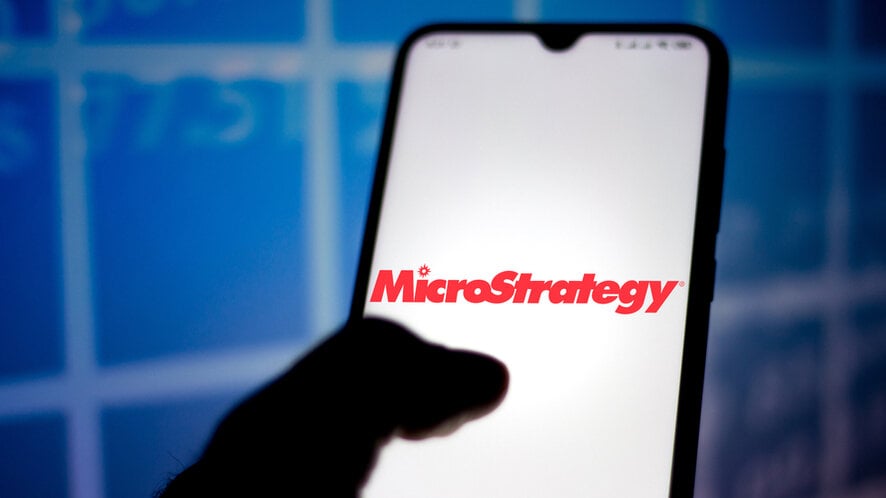MicroStrategy Unveils Innovative Decentralized Identity Protocol
At the annual MicroStrategy World conference in Las Vegas, MicroStrategy co-founder and Executive Chairman Michael Saylor introduced the groundbreaking MicroStrategy Orange Decentralized Identity protocol. During his presentation, Saylor highlighted the need for decentralized identity and the significance of decentralized identifiers, emphasizing the integration of digital identity with the Bitcoin blockchain for enhanced security.
Expressing enthusiastic support for Saylor’s vision, MicroStrategy executive vice president of engineering Cezary Raczko underscored the importance of anchoring digital identity in the Bitcoin blockchain to leverage its robust security features.
Introduction of MicroStrategy Orange Decentralized Identity Protocol
In conjunction with the announcement, MicroStrategy made available an unofficial draft of the MicroStrategy Orange specification on Github, marking a significant milestone in the company’s foray into the identity and authentication sphere. This development, while somewhat unexpected, had been hinted at by Saylor in previous discussions, indicating MicroStrategy’s interest in exploring innovative software solutions following the launch of Ordinals.
Security Enhancements Through Bitcoin Integration
Saylor emphasized the transformative potential of leveraging Bitcoin for security enhancements, citing the unique advantages of the world’s largest cryptocurrency in fortifying enterprise systems. By harnessing Bitcoin’s capabilities, enterprises can elevate their security standards to unprecedented levels, paving the way for a new era of protection against cyber threats.
Key Components of MicroStrategy Orange Platform
Raczko outlined the fundamental components of the MicroStrategy Orange platform, highlighting the pivotal role of a service cloud that facilitates the issuance of identifiers within organizations. Additionally, the platform offers prepackaged applications designed to operate seamlessly on the MicroStrategy Orange infrastructure, enhancing accessibility and usability for developers.
Integration and Application Development
Raczko underscored the simplicity of integrating the Orange software development kit into various applications and systems, enabling developers to harness the platform’s capabilities with ease. By illustrating the integration of Bitcoin-based keys in email communications using the Ordinals protocol, Raczko showcased the versatility and utility of the MicroStrategy Orange platform.
Decentralized Identity Protocol Features
According to the MicroStrategy Orange documentation, the decentralized identity protocol boasts a novel approach to inscriptions, leveraging Bitcoin’s SegWit feature to store decentralized identity-related data securely on the blockchain. This approach allows for the creation and updating of documents with minimal restrictions on size and content, enhancing flexibility and data integrity.
Future Applications and Use Cases
Raczko highlighted the potential for integrating Bitcoin-based digital identity with existing credential ecosystems, unlocking a plethora of innovative use cases. From verifying users on social media platforms to authenticating a range of credentials such as text messages, college degrees, and medical records, the MicroStrategy Orange decentralized identifier offers a versatile and secure solution for diverse authentication needs.
Ultimately, the introduction of the MicroStrategy Orange Decentralized Identity protocol represents a significant step towards revolutionizing digital identity management, anchoring it securely in the Bitcoin blockchain for enhanced security and authenticity across various applications and industries.
Image/Photo credit: source url





